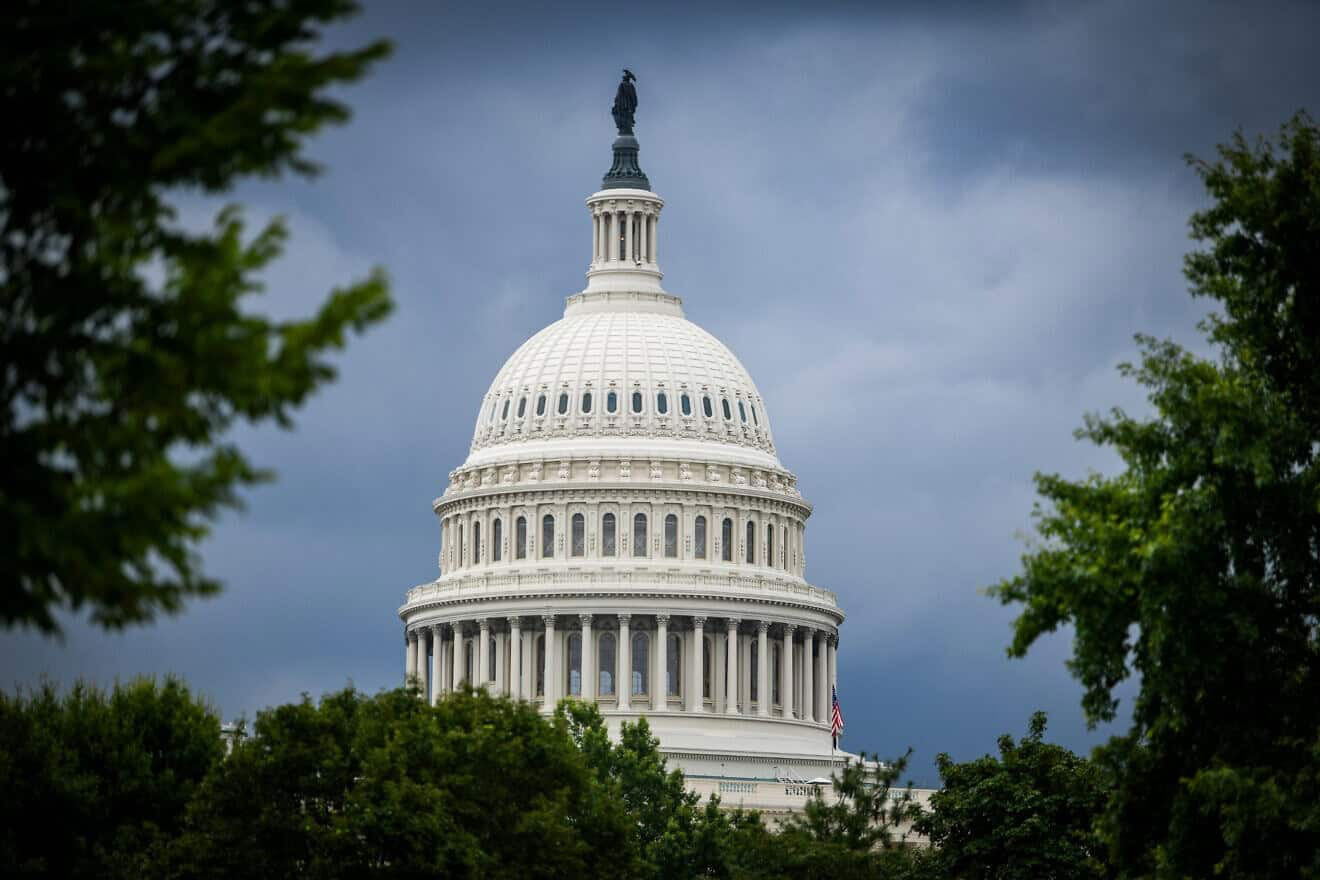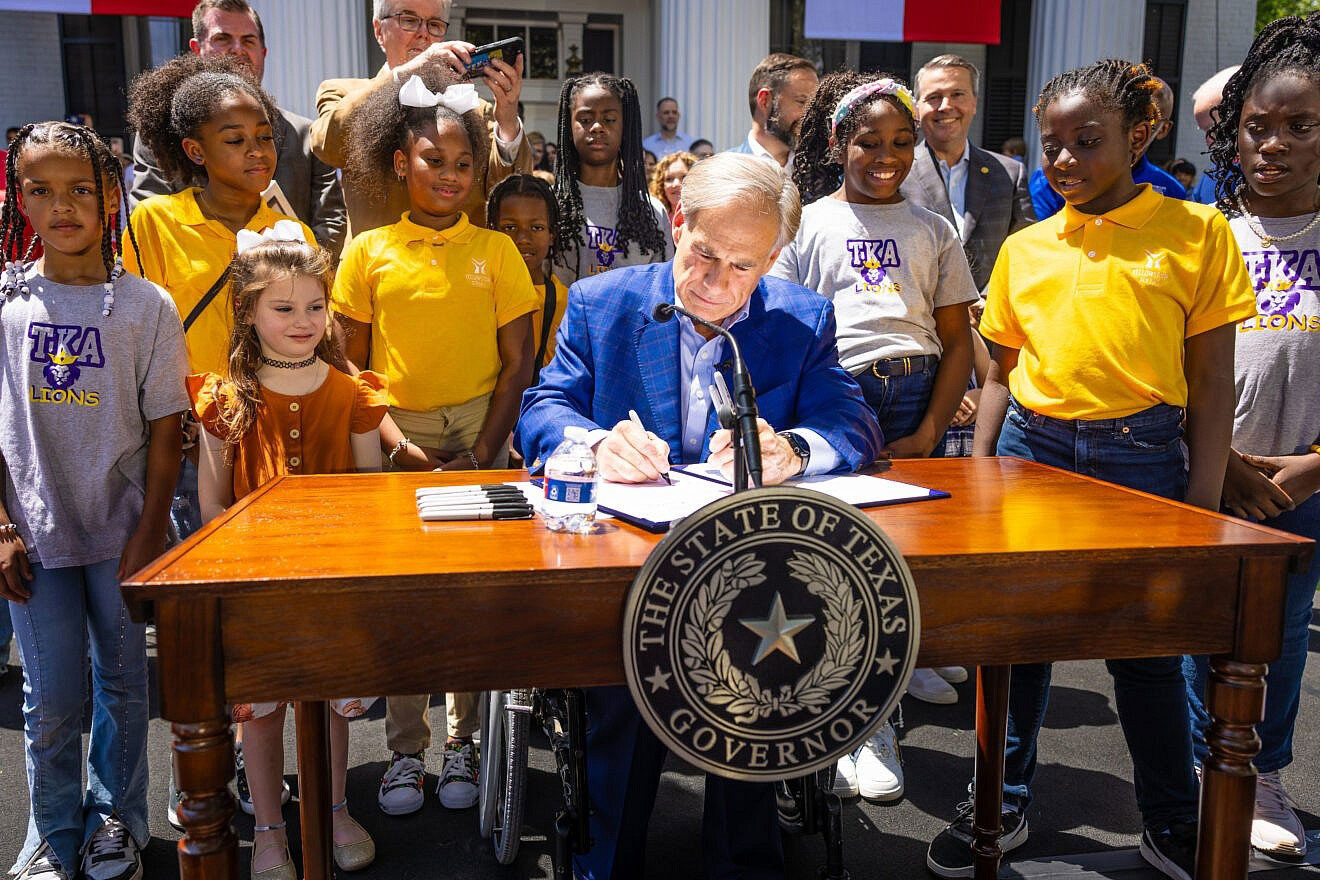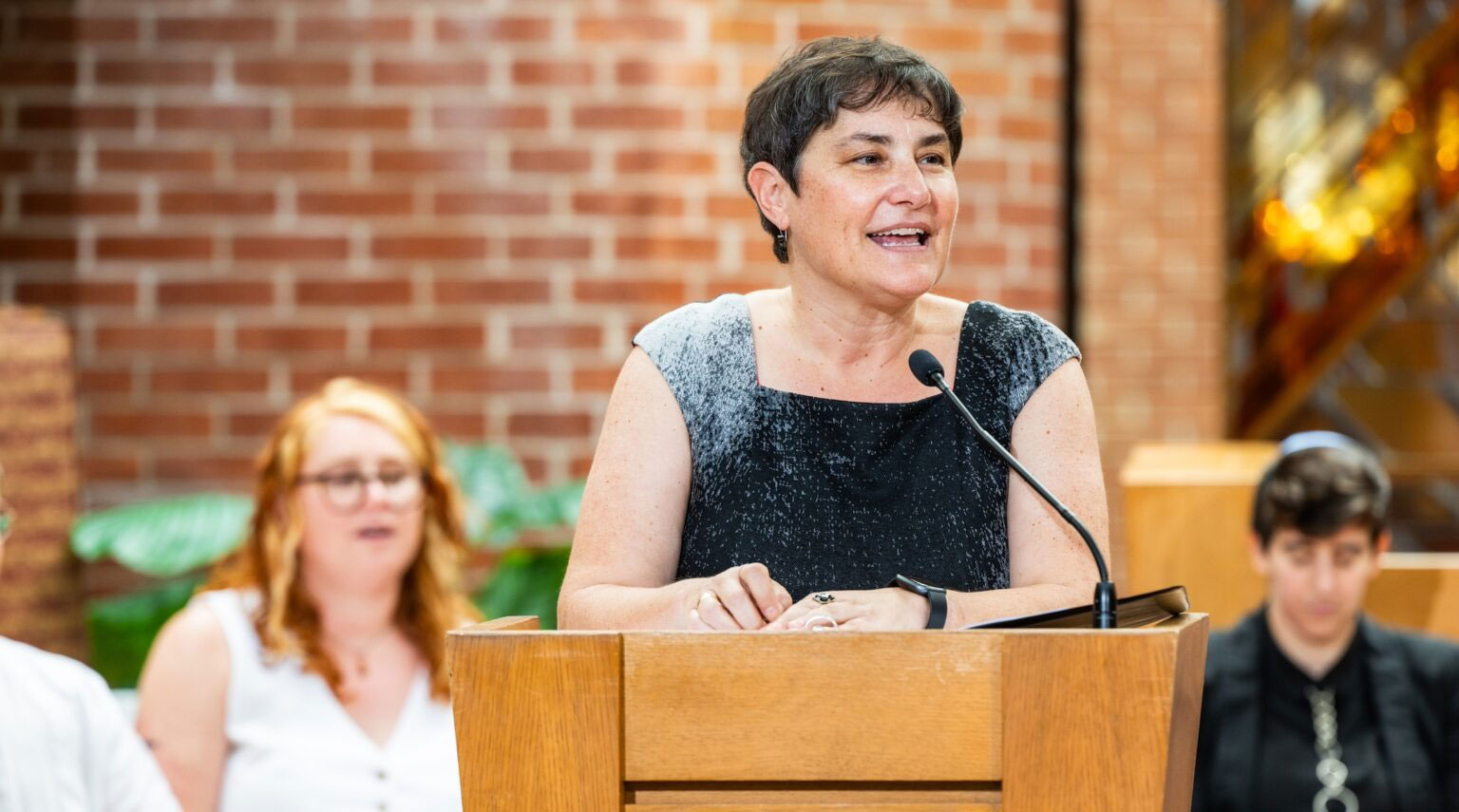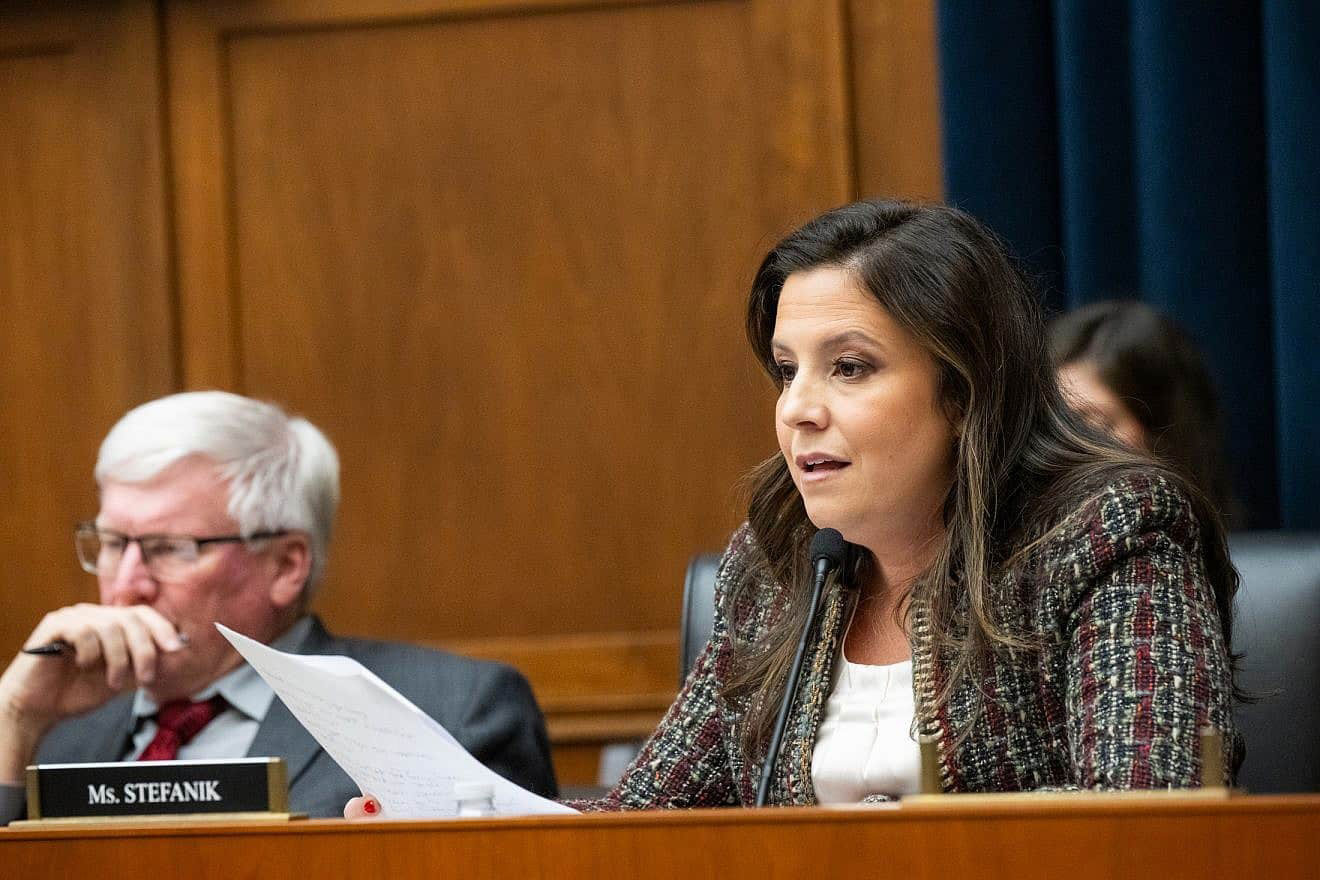Courtesy of JNS. Photo credit: Arie Leib Abrams/Flash90
A view of the U.S. Capitol in Washington, D.C.
(JNS) — Some 150 people gathered on Dec. 18 at the Cannon House Office Building to discuss ongoing efforts to convince the U.S. government to mint a commemorative Gold Meir commemorative coin.
Reps. Debbie Wasserman Schultz (D-Fla.) and Andrew Garbarino (R-N.Y.) introduced H.R. 987, known as the Prime Minister Golda Meir Commemorative Coin Act, on Feb. 10, 2023. The bill, which has drawn another 221 co-sponsors, calls on the U.S. Mint to create up to 50,000 gold $5 coins, up to 400,000 silver $1 coins and up to 750,000 half-dollar coins honoring the former Israeli prime minister.
Surcharges — which would run $35 per gold, $10 per silver and $5 per half-dollar coin — would go to the American Friends of Kiryat Sanz Laniado Hospital.
Sens. Ben Cardin (D-Md.), Ted Cruz (R-Texas), Tammy Baldwin (D-Wis.) and Steve Daines (R-Mont.) introduced a companion Senate bill, S.1300, on April 26, 2023. To pass, the bill would need two-thirds approval each in the Senate and the House.
“We got very close to the 290 co-sponsors that you need to bring it to the floor,” Wasserman Schultz told JNS at the event. “There was not as much energy behind the effort in the Senate, so we’re just going to push the reset button and try again.”
Bobby Rechnitz, a philanthropist with close ties to Israeli Prime Minister Benjamin Netanyahu, is chairing and funding the coin initiative privately. (Ezra Friedlander, who runs an eponymous consultancy, is helping coordinate the effort.)
Another 100 or so signatures are needed to pass the bill, according to Rechnitz. “It actually should have been a very smooth process,” he told JNS. “There’s only one reason that we’re not at the finish line.”
“Now the elections are over, and we’re still hitting the same challenges. So we have some disgruntled leaders on the Democratic side who are telling their people not to sign on to this,” Rechnitz said. “I’m very troubled by it, because, again, it’s partisan politics, but I believe a lot of that’s going to evaporate in the next few months.”
Rep. Brad Schneider (D-Ill.), who attended the event and co-chairs the Abraham Accords Caucus, told JNS that he and others are working hard to build bipartisan relationships.
“We had legislation with the Abraham Accords, which is bipartisan, bicameral, along with efforts to integrate air defenses, and we saw how important that was in supporting the attacks from Iran,” he said. He also cited bipartisan efforts to promote technology to identify and destroy terror tunnels in Gaza and Lebanon.
Wasserman Schultz, Schneider and Rep. Kim Schrier (D-Wash.) were the three Democrats to address attendees at the event. Four Republicans — Reps. Paul Gosar (R-Ariz.), Tom McClintock (R-Calif.) and Ralph Norman (R-S.C.), as well as Amata Radewagen, a Republican and American Samoa’s delegate to the House — also spoke at the event.
Rechnitz told JNS that relations across the aisle are fraying.
“I don’t think it’s withstood the test of time being a bipartisan relationship,” he said. “I’m afraid that there’s been so much divisive action and the fringe element on the left, people like Chuck Schumer getting up and criticizing a sitting prime minister of a democratic ally, the sitting prime minister of Israel.”
Democratic leaders took a political gamble on anti-Israel sentiment and failed, according to Rechnitz, who is hopeful that “the whole party is going to go in a different direction and not look at their leadership the same way.”
Norman, the South Carolina Republican, doesn’t share that optimism.
“They are further than just slipping away,” he told JNS, of Democratic support of the Jewish state.
“They’ve led factions against it, and they tried to do it, in my opinion, subversively,” Norman told JNS. “They need to be held accountable on this,” he added, citing the Democrats who skipped Netanyahu’s address to a joint session of Congress on July 24.
Schrier, the Washington Democrat (D-Wash.), told JNS at the event that “people have to understand that the vast majority of the Democratic Party stands with Israel.” She said.
“We understand that Israel is the only democracy in the Middle East and is an ironclad partner and friend to the United States of America. I have no doubt that the pro-Israel, vast majority of our party will rise for the next presidential election.”





